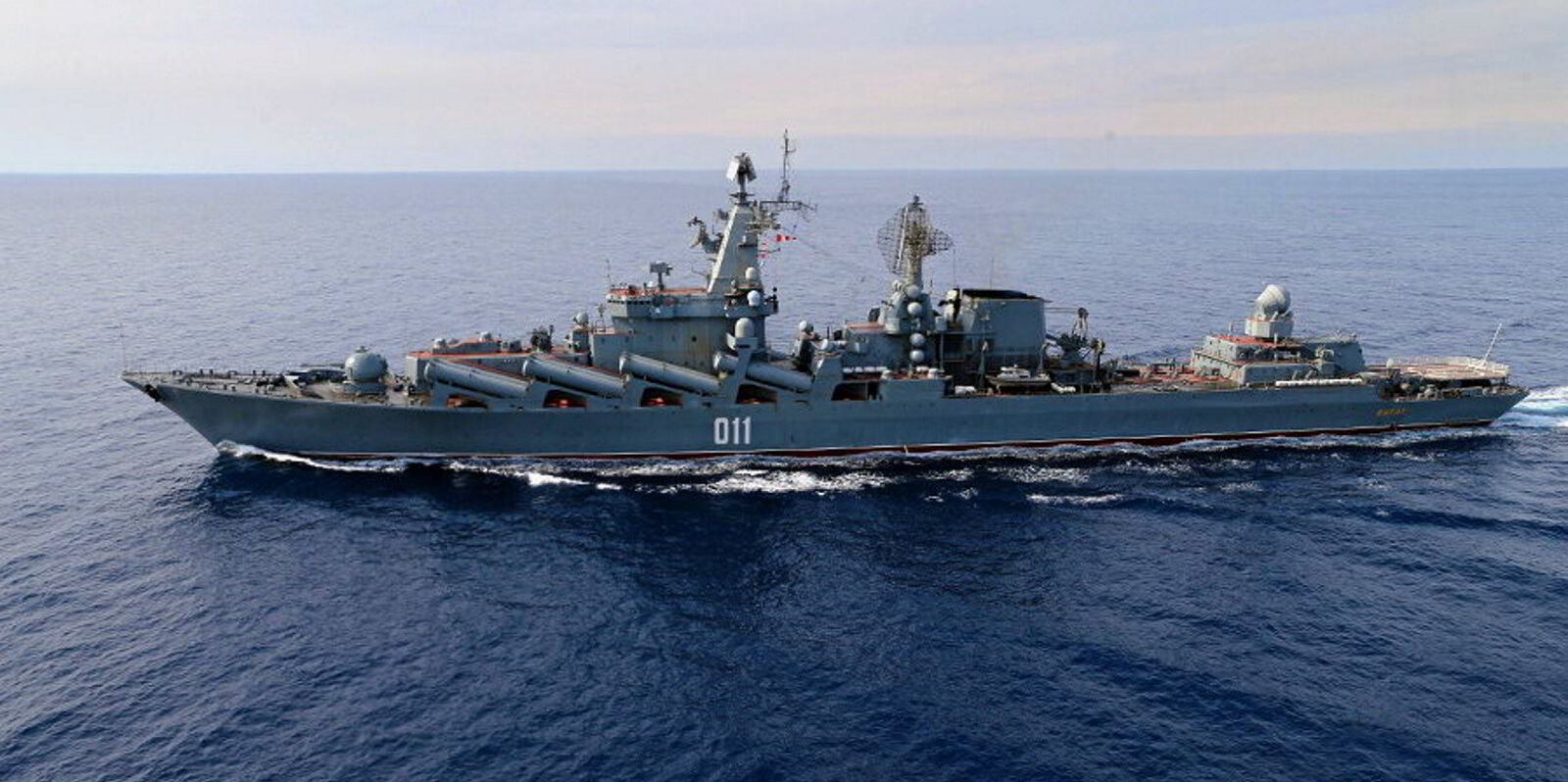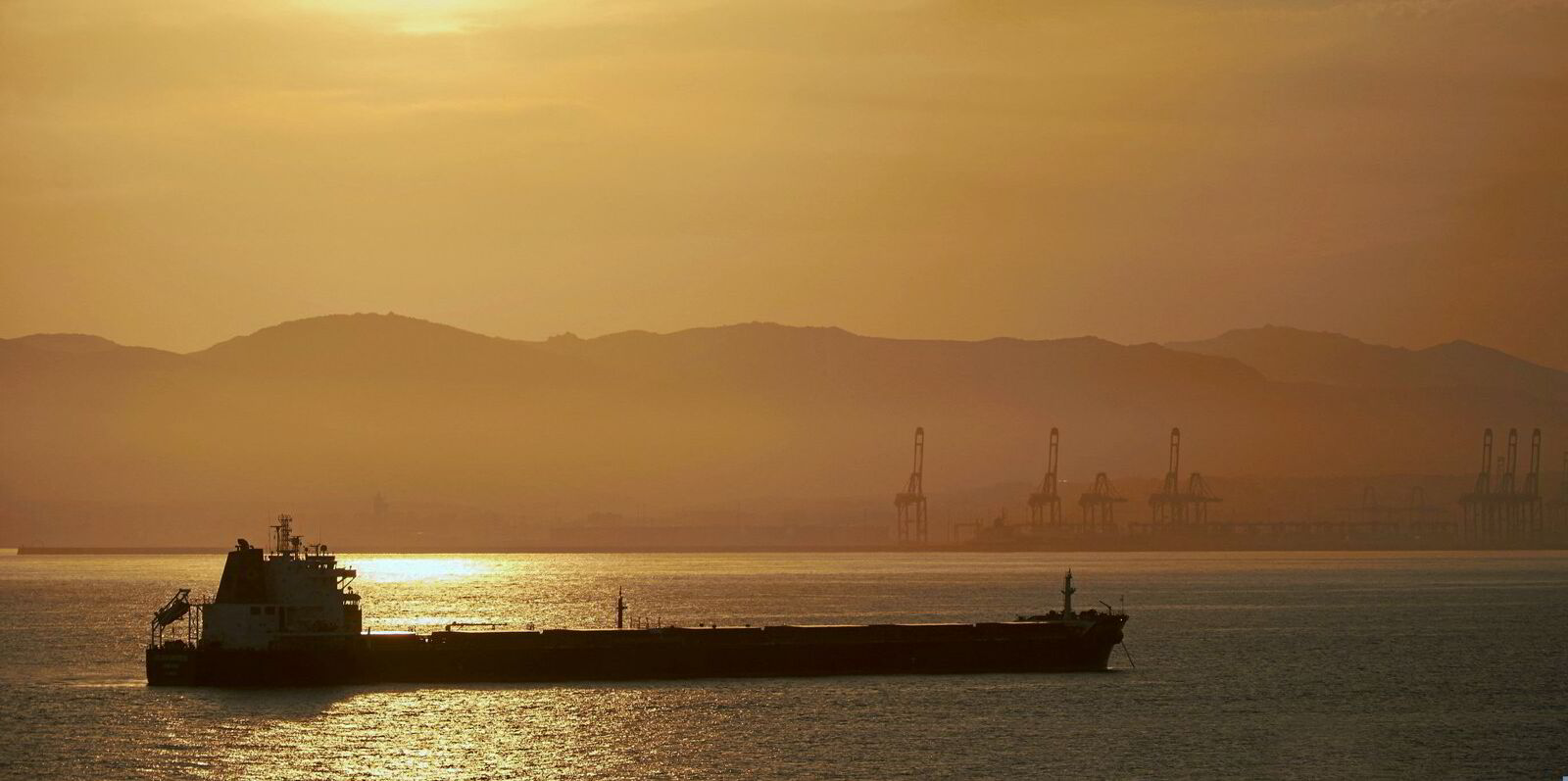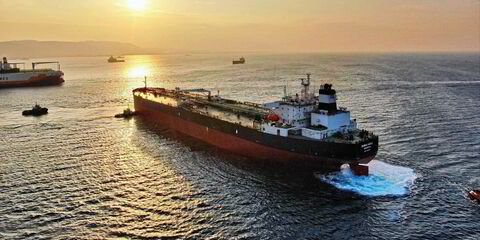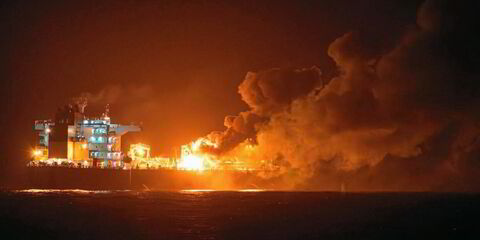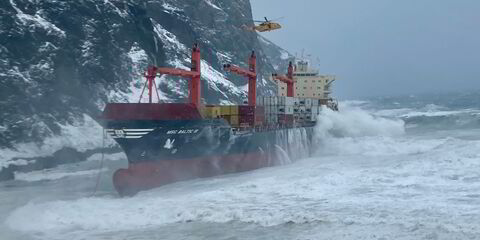Denmark has claimed Russian naval vessels could begin escorting shadow fleet tankers through the Baltic Sea.
A report by the Danish Defence Intelligence Service cited by Bloomberg said the move would represent an escalation of provocation towards Nato countries.
The service believes threats against the country have become more serious, and Russia could look to challenge the West with “a more threatening military behaviour”.
Warships could help ageing tankers export millions of barrels of oil through the Danish straits, it said.
“If this happens, it will increase the level of tension,” the agency said.
The news comes after a group of mainly Nordic nations agreed to carry out checks on shadow fleet ships’ insurance documents.
Sanctions may be introduced if the correct cover cannot be proven.
The intelligence service also said Russia is expected to step up other risky behaviour towards merchant shipping.
This could include naval exercises near military territory, and increased satellite jamming that would affect vessels’ AIS and communications.
This “poses a risk of misunderstandings and minor collisions both in the Baltic Sea and in the Arctic”, the report said.
This week, European nations have continued to add tankers carrying Russian oil to sanctions lists.
The UK designated 20 more vessels, and the European Union a further 52.
But broker BRS Group believes these measures are having a limited effect. The shadow fleet is still growing by 10 tankers per month and exports are relatively unaffected.
The company said there are now 850 “grey” vessels operating worldwide.
Of these, 764 are of MR1 size or larger, an “astonishing” 13.8% of all such tankers, the brokerage added.
BRS defines grey ships as ageing vessels carrying Russian, Iran, Syrian, North Korean or Venezuelan oil, and operated by companies either under sanction or with little previous experience in shipping.(Copyright)
